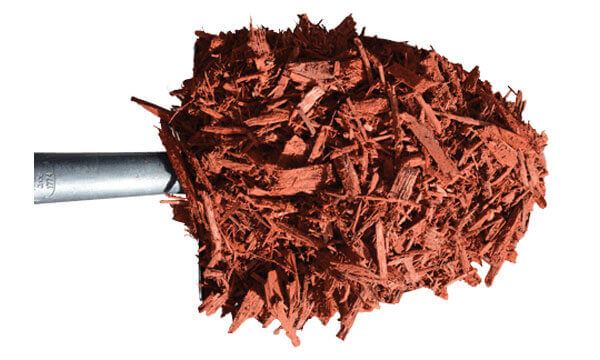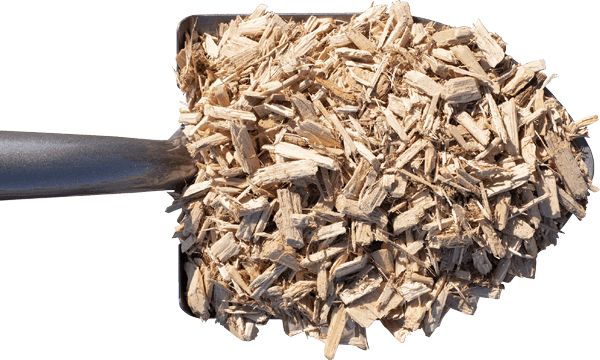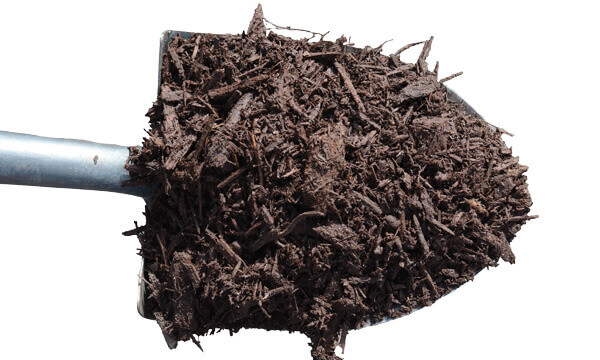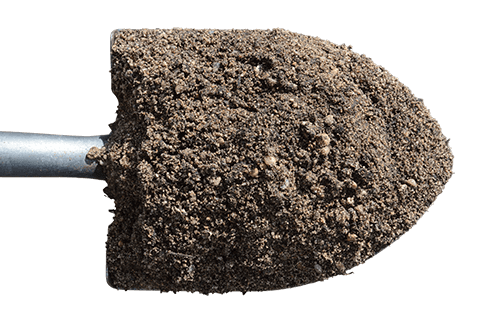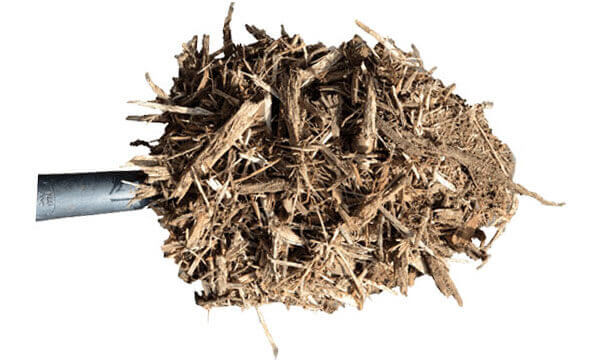Most people are aware that composting is a good thing to do, but not as many people know why that is. Let’s explore the benefits of composting.
Before diving into the benefits, let’s start by defining compost:
Compost is organic material that decomposes into a rich soil amendment. Anything organic can be put into a compost pile to decompose. This includes items like fruits, vegetables, meat, dairy, fur, hair, bones, paper, napkins, leaves, grass, and brush, to name just a few examples. Our rule of thumb? If it was once living, it’s compostable.
That being said, what benefits of composting come to mind?
Perhaps the most common benefit that comes to mind is the breakdown of material that may otherwise end up in a landfill, and that’s a fantastic benefit! When we throw yard and food waste into the trash, it decomposes in a landfill and releases methane gas—a potent greenhouse gas. While most landfills have technology to capture much of this methane, eliminating the gas at its source is even better.
Another advantage to composting is the conservation of resources. Here are a few examples:
Water: Compost helps soak up water, slowly releasing it to plants. With enough compost in your soil, you won’t have to water as often. Also, compost applied thickly as a top dressing has some of the benefits of mulching; it will keep water from evaporating from deeper levels.
Energy and fuel: Composting at home not only keeps the material out of the landfill; it keeps the material from being transported, too! Because many organic wastes contain a lot of water, they are some of the heaviest wastes. Not transporting these heavy wastes saves fuel and energy.
Money: Composting can save you money! If you’re able to reduce the amount of trash you throw out, you could reduce your trash bill. Also, when you produce compost at home, you don’t need to buy as much.
Additionally, composting:
- Enriches soil, helping retain moisture and suppress plant diseases and pests.
- Reduces the need for chemical fertilizers.
- Encourages the production of beneficial bacteria and fungi that break down organic matter to create humus, a rich, nutrient-filled material.
The benefits to composting are plentiful, and it’s FUN! It feels good to contribute to caring for the earth by reducing your carbon footprint!
Source: lessismore.org

